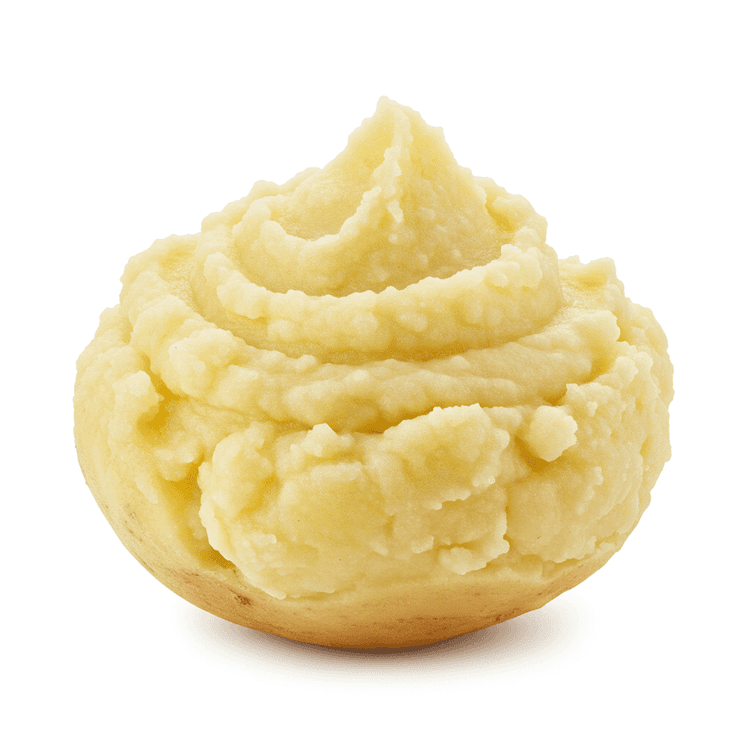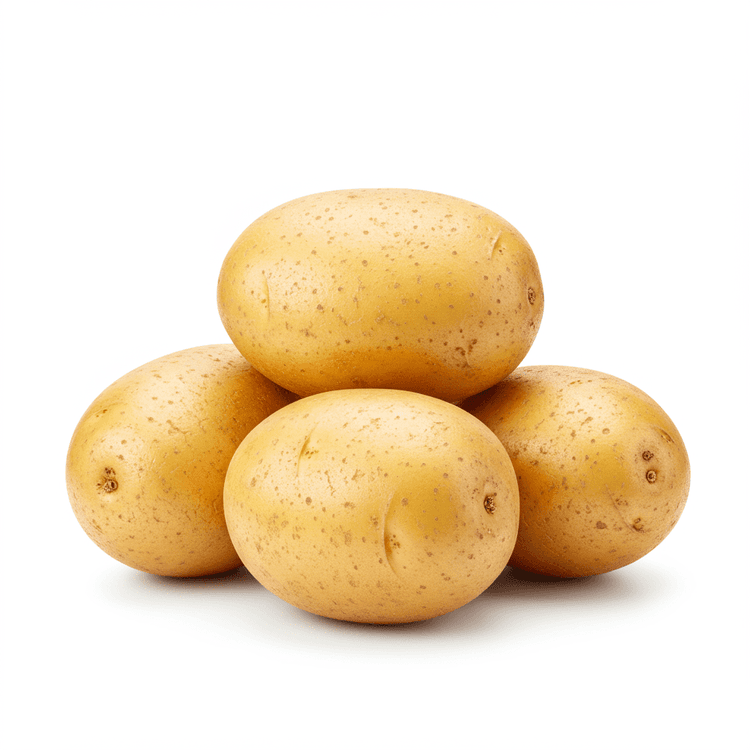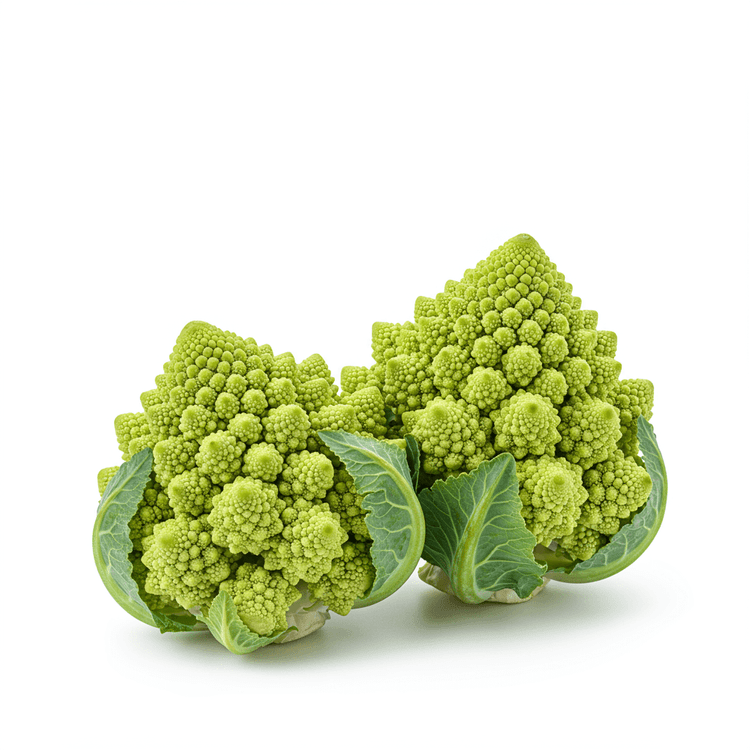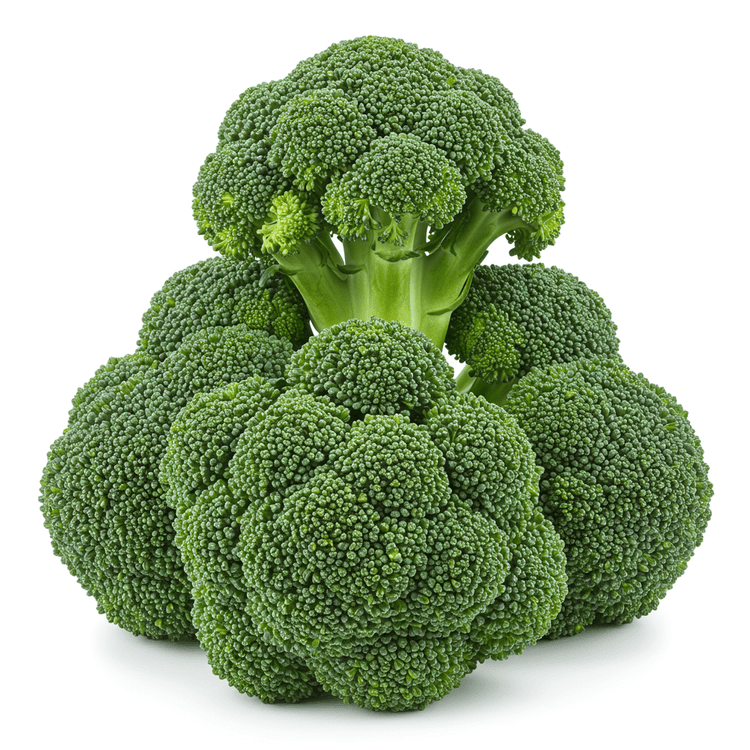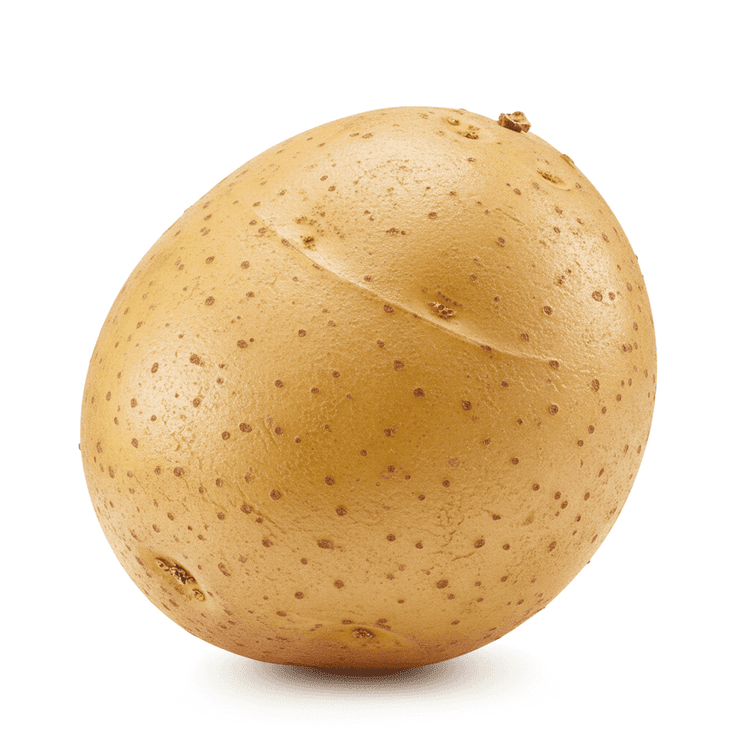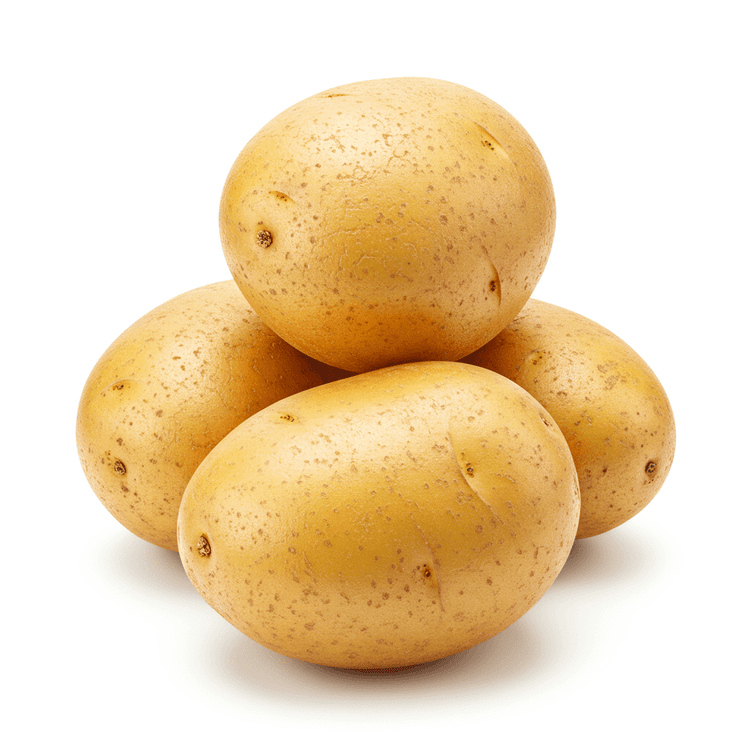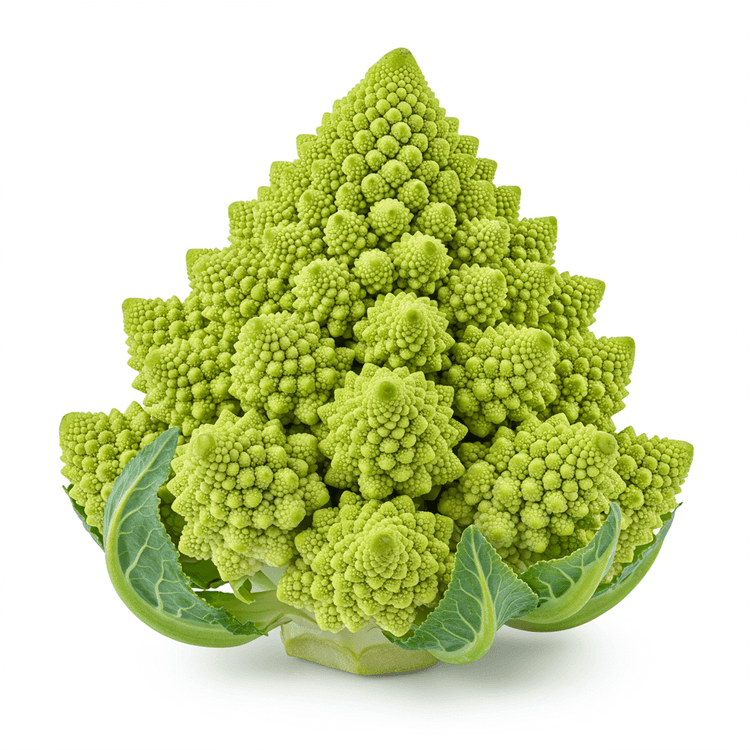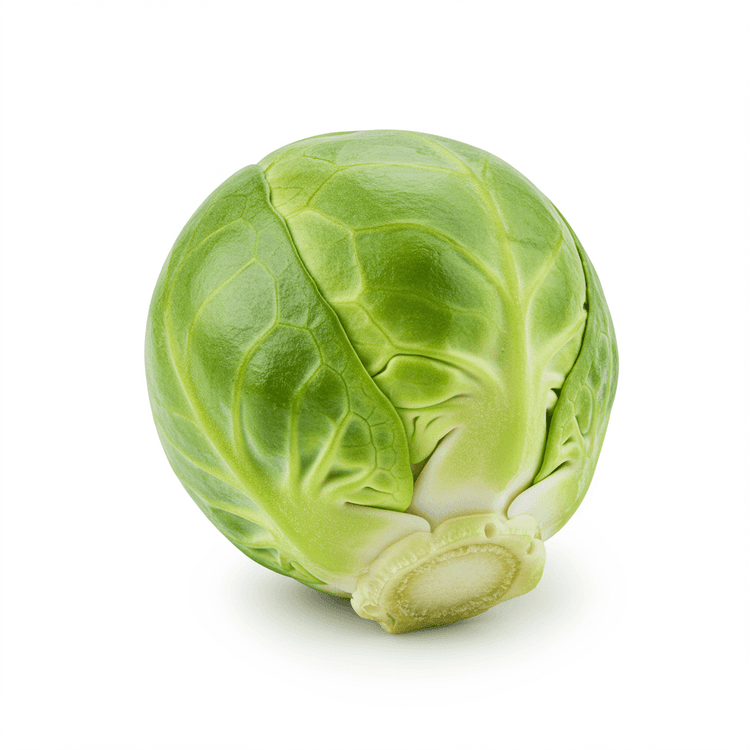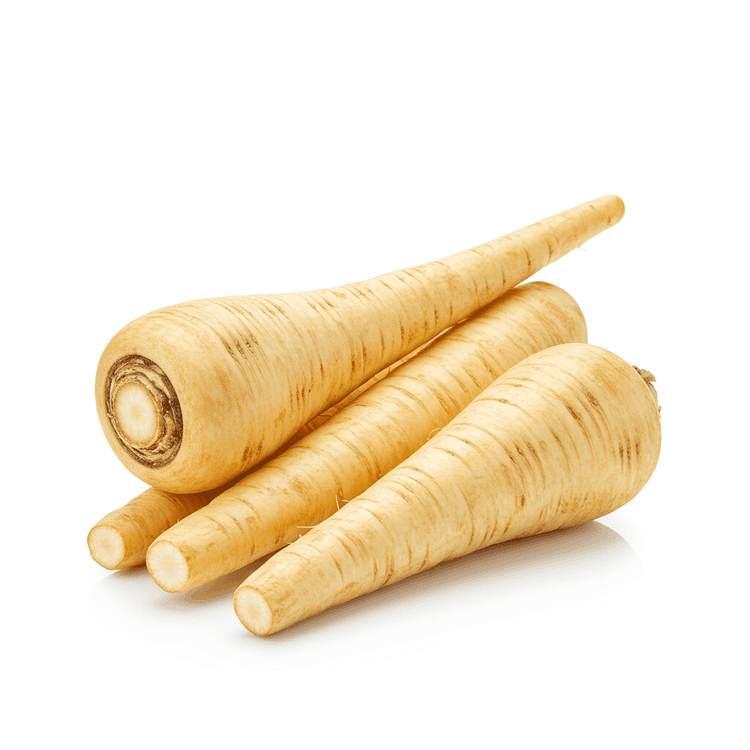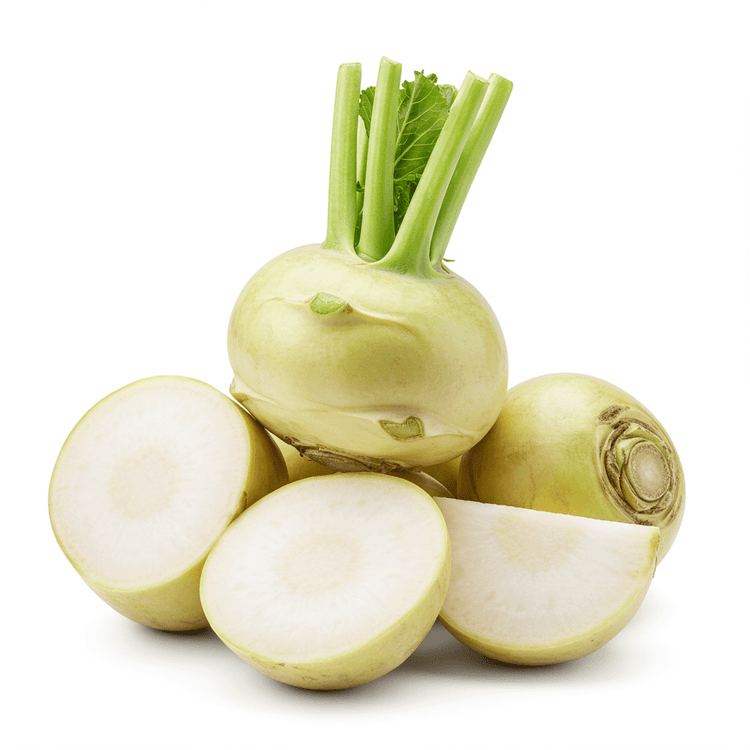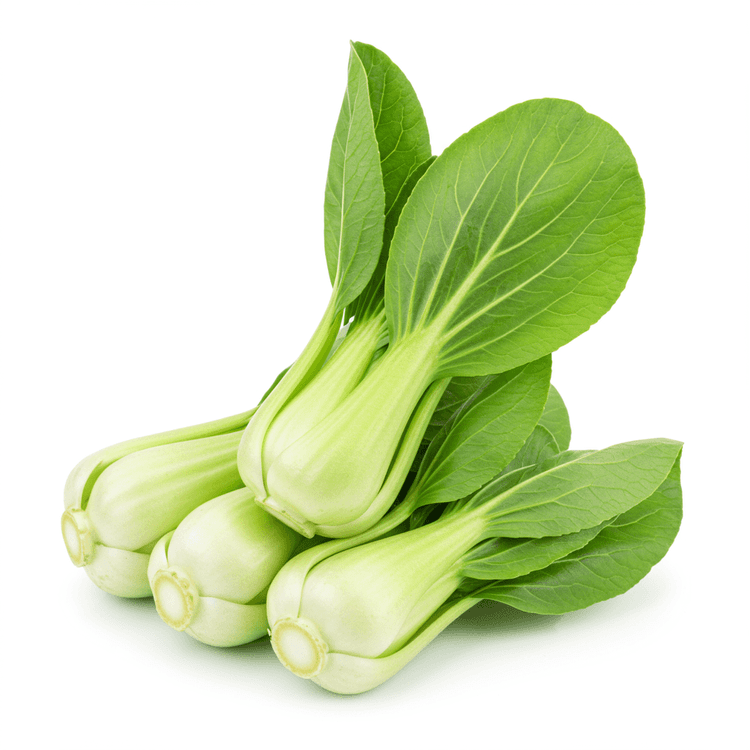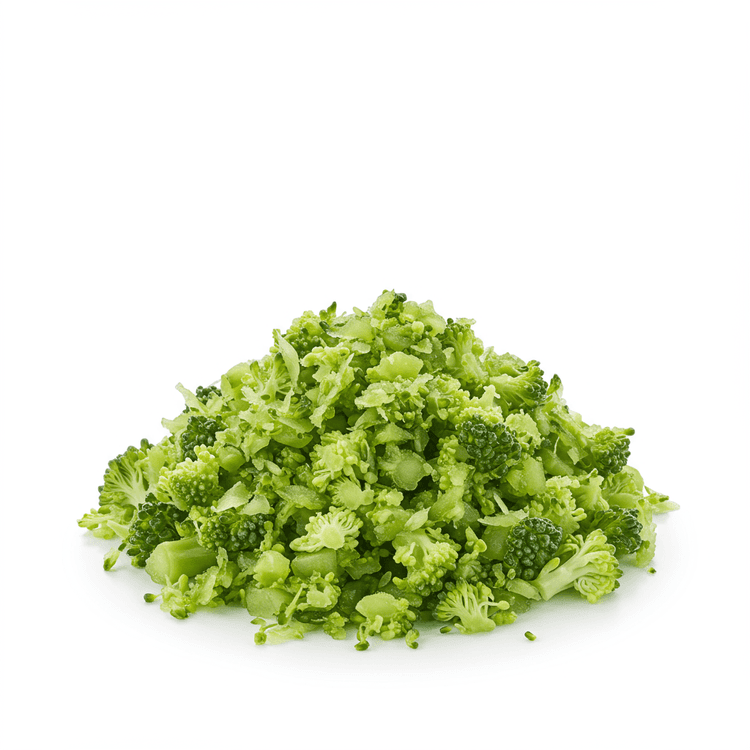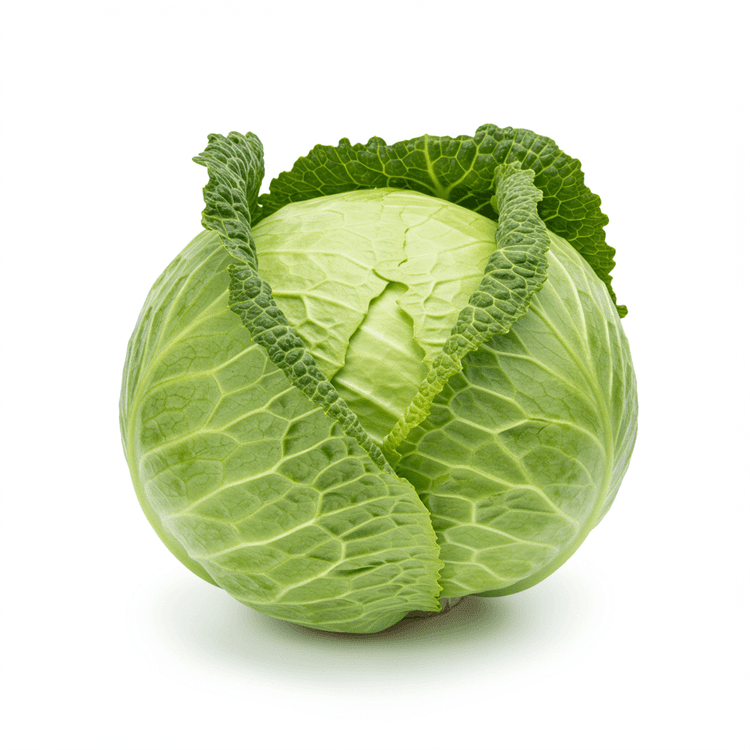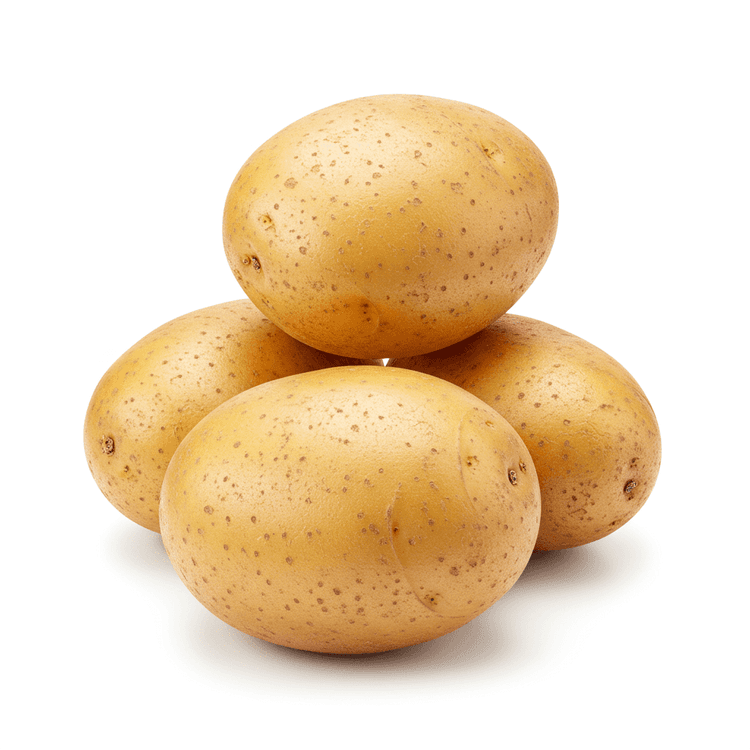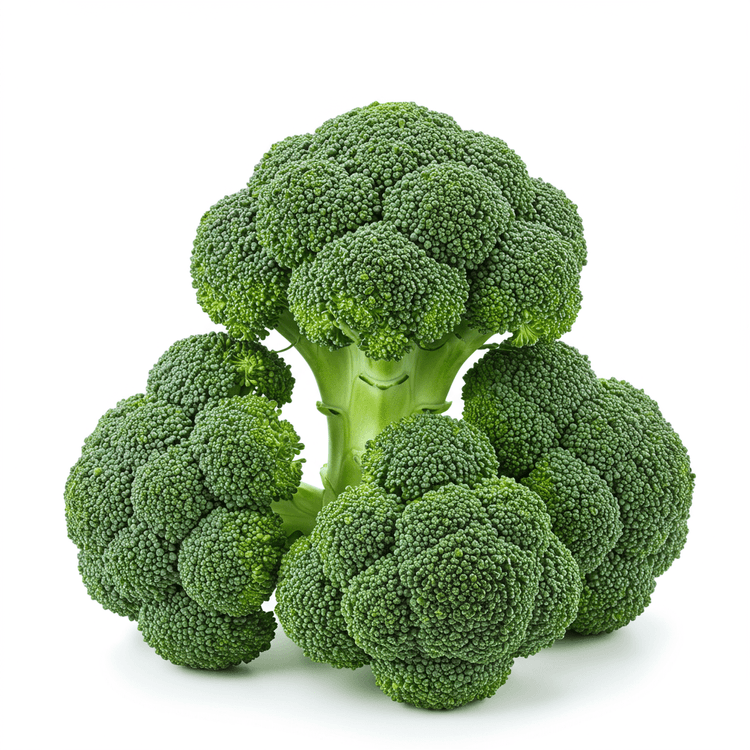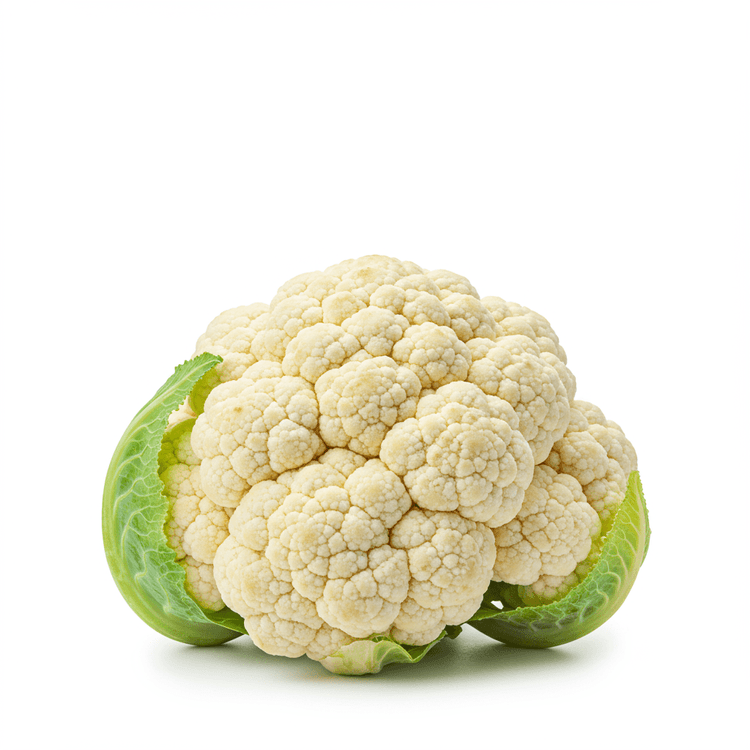
Cauliflower
Cauliflower is a versatile cruciferous vegetable known for its mild, nutty flavor and firm yet tender texture. Its compact, creamy-white florets are surrounded by green leaves, making it visually distinctive. Packed with nutrients, cauliflower is low in calories and rich in vitamins C and K, fiber, and antioxidants. This vegetable is a popular choice for low-carb and gluten-free diets, often used as a substitute for grains or starches. Whether roasted, steamed, or blended, cauliflower adapts beautifully to a wide range of recipes, making it a staple in healthy cooking and plant-based diets.
Common Uses
- Roast cauliflower florets with olive oil, garlic, and spices for a crispy, caramelized side dish or snack.
- Steam cauliflower and blend it into a creamy puree to use as a healthier alternative to mashed potatoes.
- Use riced cauliflower as a low-carb substitute for traditional rice in stir-fries, burrito bowls, or fried rice recipes.
- Incorporate cauliflower into soups or curries by blending it for a velvety texture and added nutrition.
- Create cauliflower pizza crusts for gluten-free or keto-friendly meals by combining riced cauliflower with cheese and eggs.
- Grill or bake cauliflower steaks seasoned with herbs and spices for a hearty, plant-based main course.
Nutrition (per serving)
Nutrition (per serving)
Calories
25.0kcal (1.25%)
Protein
1.9g (3.8%)
Carbs
5.0g (1.81%)
Sugars
1.9g (3.82%)
Healthy Fat
0.2g
Unhealthy Fat
0.1g
% Daily Value based on a 2000 calorie diet
Nutrition (per serving)
Calories
25.0kcal (1.25%)
Protein
1.9g (3.8%)
Carbs
5.0g (1.81%)
Sugars
1.9g (3.82%)
Healthy Fat
0.2g
Unhealthy Fat
0.1g
% Daily Value based on a 2000 calorie diet
Health Benefits
- Rich in vitamins C and K, supporting overall wellness and immune health.
- Low in calories and carbohydrates, making it a popular choice for low-carb and keto diets.
- High in fiber, which promotes healthy digestion and a feeling of fullness.
- Contains antioxidants that may help protect cells from damage.
- Versatile in cooking, often used as a substitute for grains or starches, such as in cauliflower rice or pizza crust.
Substitutes
Chefadora AI is here.
Experience smarter, stress-free cooking.
Storage Tips
Store cauliflower in the refrigerator, preferably in a perforated plastic bag or loosely wrapped in a paper towel to allow airflow. Keep it in the crisper drawer to maintain freshness for up to 1-2 weeks. Avoid washing it before storage, as excess moisture can lead to spoilage. For longer storage, cauliflower can be blanched and frozen in airtight containers or freezer bags.
Marnirni-apinthi Building, Lot Fourteen,
North Terrace, Adelaide, South Australia, 5000
Australia
